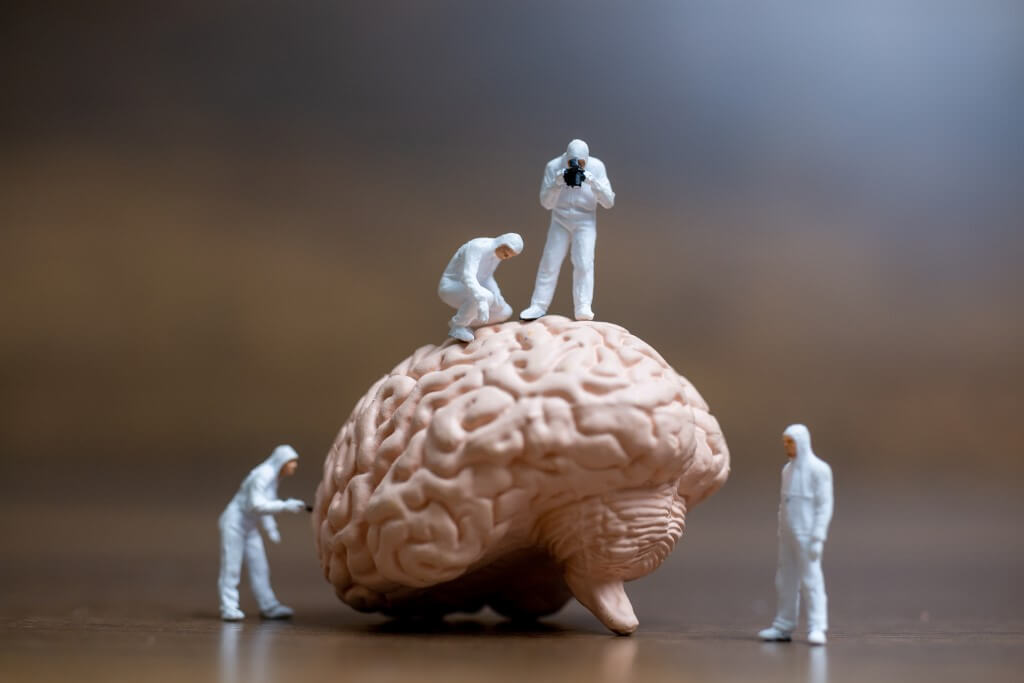As you navigate the complex web of addiction, you may encounter one of its most challenging consequences: memory problems. The intertwined relationship between addiction and memory is a topic that demands attention and understanding. Let’s look at the connection between memory problems and addiction. We’ll explore the impact of substance abuse on your cognitive functioning and how professional rehabilitation can help.
Being in active addiction affects every area of our lives. It has far-reaching consequences that don’t necessarily go away when we stop using. Negatively impacted memory can be one of those issues. Long-term substance abuse can impair your ability to interpret and store data. So when we try to retrieve information, we may have significant memory deficits. Whether it’s the result of chronic alcohol use, drug abuse, or other addictive behaviours, memory problems can impact your daily functioning and overall well-being.
The detrimental effects of addiction on memory are multifaceted. Substance abuse interferes with the brain’s neural pathways, disrupting the communication between different regions responsible for memory formation and retrieval. Additionally, substance-induced alterations in neurotransmitter systems further contribute to memory impairments. These factors combined can lead to difficulties in concentration, learning new information, and recalling past events.
However, the journey towards healing begins with understanding and seeking help. Professional rehabilitation, such as residential treatment programs, provides a supportive and structured environment where you can address both the underlying causes of addiction and the associated memory problems. By seeking the guidance of experienced medical professionals, therapists, and addiction specialists, you embark on a path towards reclaiming your cognitive functions and rebuilding a healthier, more fulfilling life.
During rehabilitation, you engage in evidence-based therapies that are tailored to address both addiction and memory problems. Cognitive-behavioural therapy (CBT) is one that may help you to identify negative thought patterns and develop healthier coping mechanisms. Holistic approaches like mindfulness and meditation cultivate mental clarity. All of this will add to your emotional well-being. There are neurocognitive rehabilitation techniques that you can access through an OT (Occupational Therapist) that may help improve your memory and overall mental functioning.
The journey to healing is not linear, but through the compassionate support of a rehab center, you gain the tools, skills, and guidance needed to navigate the challenges ahead. By addressing the root causes of addiction, seeking therapy, and engaging in rehabilitation, you can find hope and rediscover your potential for personal growth and cognitive recovery.
Five Common Questions About the Connection Between Memory Problems and Addiction, Along With Their Answers:
1. How does addiction affect memory? Addiction can have detrimental effects on memory. Substance abuse disrupts the brain’s communication systems, impairing the encoding, storage, and retrieval of information. This can lead to difficulties in concentration, learning, and recalling past events.
2. Which substances are most likely to cause memory problems? Being addicted to any substance can impact memory negatively. It doesn’t matter where it’s alcohol, opioids, sedatives, or stimulants. SUD and AUD will cost you. Long-term addiction? More so! The sad reality is that we see patients with long histories of addiction that will live with poor memory and mental impairment for the rest of their lives. This places a huge burden on their families.
3. Can memory problems improve with sobriety? Yes, with sustained sobriety and proper treatment, memory problems can improve. The brain has a remarkable capacity to heal and adapt, and as you abstain from substances, your cognitive functions, including memory, can gradually recover.
4. Are memory problems reversible? In many cases, memory problems associated with addiction can be reversible. Naturally, the duration and severity of substance abuse and individual differences will partly determine how well this goes. Thiamine is very useful in helping alcoholics to regain brain function.
5. How can professional rehabilitation help with memory problems in addiction recovery? Professional rehabilitation offers a comprehensive approach to address both addiction and memory problems. OT (occupational therapy) and CBT (cognitive-behavioural therapy) are evidence-based therapies, that may help restore your neurocognitive abilities. Engagin in these can move you towards improving a good recovery. The structured environment of a rehab center provides the necessary support, guidance, and resources to facilitate your recovery journey.
Memory problems as a result of addiction have long been a topic of interest with studies being done for many years. In South Africa, our understanding has evolved alongside the global understanding of addiction and its effects on cognitive functioning.
In South Africa, addiction and substance abuse have been prevalent issues, with various substances contributing to memory problems among individuals. Alcohol, cannabis, methamphetamine, and prescription medications are among the commonly abused substances that can impact memory.

Historically, the recognition of addiction as a complex condition with cognitive consequences has led to advancements in addiction treatment and rehabilitation programs in South Africa. We’ve had a growing awareness of the need to concurrently address both addiction and its associated cognitive impairments. Memory is one of these issues.
Rehabilitation centers and addiction treatment facilities in South Africa have been working diligently to incorporate evidence-based practices and therapeutic approaches that address the multifaceted nature of addiction and its impact on memory. These programs often integrate cognitive-behavioral therapies, neurocognitive rehabilitation techniques, and holistic approaches to provide comprehensive care and support.
South Africa has seen an increased emphasis on community-based support groups. These networks offer a space for individuals to share their experiences of addiction and recovery. Those struggling with memory-related challenges can get support and an understanding. These support groups often play a crucial role in destigmatizing addiction, encouraging dialogue, and providing valuable insights and strategies for managing memory problems.
Addiction and memory problems are not isolated to a specific phase of treatment or recovery. It’s an issue that needs ongoing attention and support. By understanding the historical context and recognizing the unique challenges faced in South Africa, efforts can be directed towards implementing effective interventions, promoting awareness, and providing accessible and culturally appropriate support for individuals grappling with addiction-related memory problems.
As the field of addiction research and treatment continues to advance, it is essential to integrate this knowledge into the South African context, tailoring interventions to address the specific needs of individuals and promoting holistic well-being in addiction recovery.





